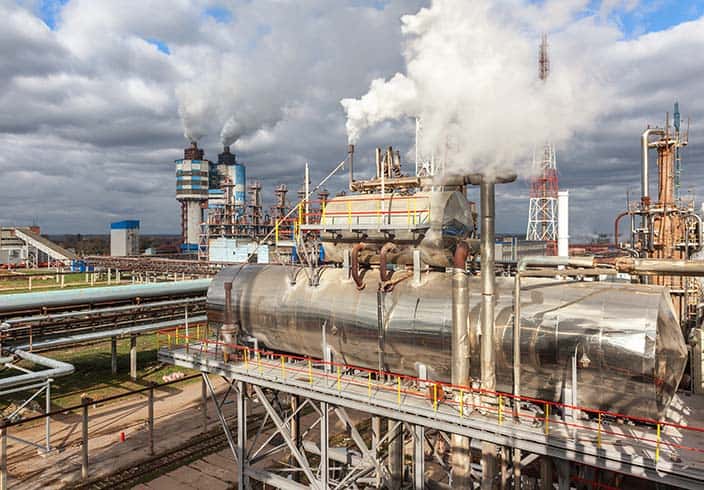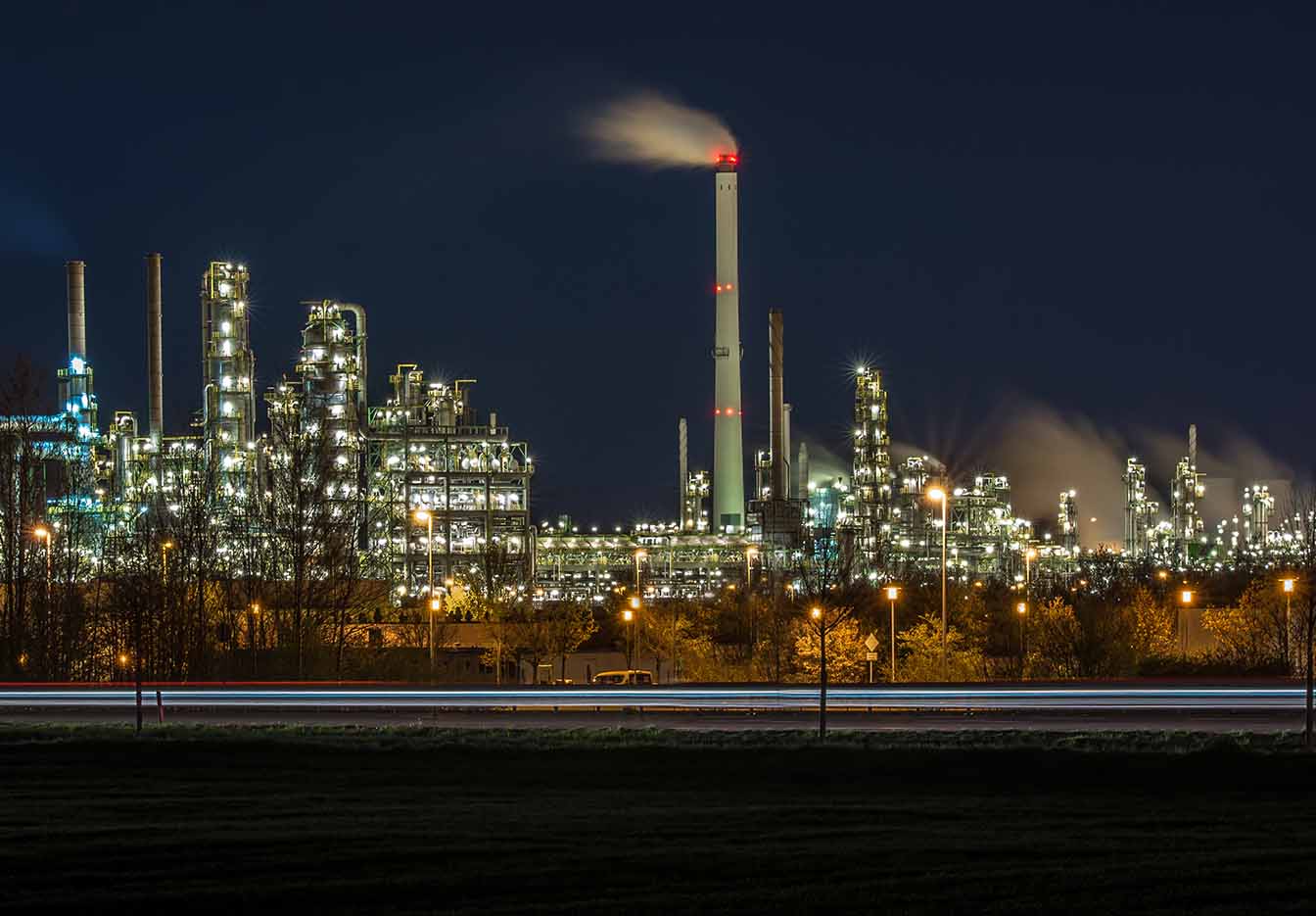The year 2022 was marked by the Russian war of aggression on Ukraine and the resulting escalation of the energy crisis. Rising prices and uncertain availability posed serious challenges for large parts of the industry. “We are approaching the point of no-return: if no emergency solution to the energy prices is provided to our sector, we are not far off the breaking point. Hundreds of businesses in the chemical sector are already in survival mode and we have started seeing the first closures. We need action now”, warns Marco Mensink, Director General of the European Chemical Industry Council (Cefic). Solutions are therefore urgently needed to save gas and costs in a timely manner. Modern energy storage technologies that are quickly ready for use can provide important support on this path to reduce the chemical industry’s dependence on gas and to advance electrification.
Natural gas in the chemical industry: How important is gas?
A look at the figures clearly shows: the chemical industry is dependent on a reliable supply of gas. At 37 percent, natural gas is the most important energy source in the European chemical industry (source: Cefic). So the current tense situation on the gas market is hitting companies in this sector all the harder. This is because gas is not only the most important energy source in the chemical industry, but also the raw material for many products such as ammonia. The basic chemical is the raw material for fertilisers and medical products, for example.
Consequences of a possible gas shortage for the chemical industry
Chemical subcontractors are already cutting back on production to save costs and energy due to the enormous pressure on prices for gas and raw materials. The problem: shutdowns or curtailments due to a gas shortage are not only time-consuming and costly for the chemical industry itself, but also result in production bottlenecks in downstream industries. In an open letter to the President of the European Commission, von der Leyen, the European Chemical Industry Council warns of the impact of the closures on value chains in Europe.
The experts predict a further sharp decline in production in the chemical-pharmaceutical industry. In the worst case, there is a threat of a long-term loss of competitiveness and jobs. In order to stabilise the situation in the industry, solutions that can be implemented quickly are therefore needed to help save fossil fuels – especially gas – and replace them with renewable resources.
Thermal energy storage as a gas alternative in the chemical industry
Especially in energy-intensive industries such as the chemical sector, green hydrogen is often mentioned as an alternative to gas. But this change poses major challenges for some companies, as it requires some drastic redesigns of production plants. In addition, green hydrogen will not be widely available in the near future. Thermal energy storage systems are an uncomplicated alternative that can be integrated to promote electrification and energy efficiency in the chemical industry.
Electrification: How thermal storage works as a gas alternative
Because one thing is clear: in order to break free from dependence on fossil fuels such as gas and coal, the switch to an electricity-based energy supply is crucial. Gas-fired boilers can be replaced by e-boilers. But this will drive up the electricity demand of the chemical industry considerably. Therefore, also in view of the decarbonisation goals of the companies, it is particularly important to use electricity from renewable sources – and to do so as efficiently as possible.
With thermal energy storage systems, chemical companies can use wind and solar energy to generate process heat or steam without becoming dependent on the volatile availability of these renewable energy sources. Energy is stored as soon as it is available in thermal storage systems such as ENERGEYNEST’s ThermalBattery™ and made available on demand. In addition, the potential of excess heat from production processes can be used by storing previously unused waste heat in the thermal battery and releasing it when needed.
Chemical industry: The advantages of thermal energy storage systems
The use of thermal energy storage thus allows the chemical industry to become independent of fossil energy sources – both in terms of their availability and fluctuating costs. Thermal energy storage makes it possible to store energy from regenerative sources such as wind and sun and to use it in a time-delayed manner. In this way, a reliable sustainable energy supply can be guaranteed around the clock, and costs for this can be reduced. Companies are thus able to continue to produce competitively in Germany and guarantee the security of supply chains for downstream industries.
Use in the chemical industry: ThermalBattery™ at fertiliser manufacturer YARA
Another major advantage is the short-term availability of energy storage technologies, so that companies can quickly integrate them into their production processes. In addition, the ThermalBattery™ is already in operation: at fertiliser manufacturer Yara International, ENERGYNEST has integrated a 4 MWh ThermalBattery™ directly into the steam network of the production plant in Porsgrunn in Norway. By balancing the local steam production and reducing the discharged excess steam, the flexibility of the plant is increased and the energy demand is reduced.
Are you interested in ENERGYNEST, or have any questions regarding our thermal energy storage solutions or our applications for your specific industry?
Don’t hesitate to drop us a line.



